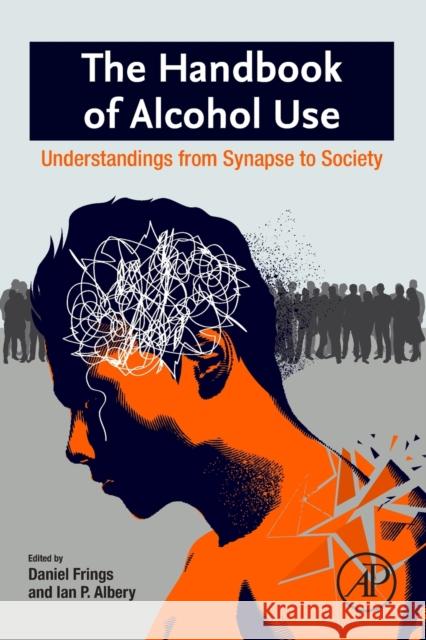The Handbook of Alcohol Use: Understandings from Synapse to Society » książka
topmenu
The Handbook of Alcohol Use: Understandings from Synapse to Society
ISBN-13: 9780128167205 / Angielski / Miękka / 2021 / 680 str.
Kategorie:
Kategorie BISAC:
Wydawca:
Academic Press
Język:
Angielski
ISBN-13:
9780128167205
Rok wydania:
2021
Ilość stron:
680
Waga:
0.89 kg
Wymiary:
22.86 x 15.24 x 3.45
Oprawa:
Miękka
Wolumenów:
01
Dodatkowe informacje:
Bibliografia











